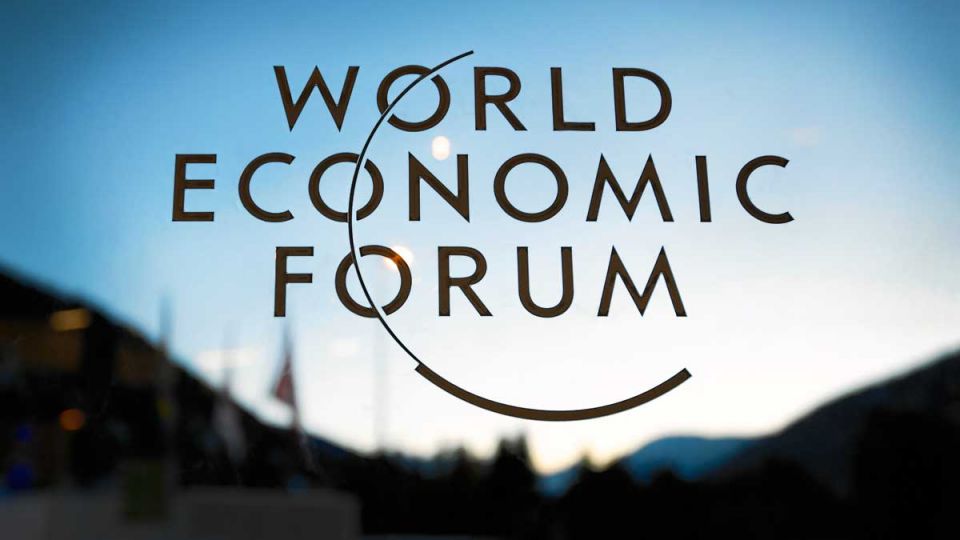February 1, 2018
China to take new measures to open up economy, some measures to exceed expectations of international community.
Liu He, China’s economic mastermind and President Xi Jinping’s right-hand man, has said that his country will introduce more reforms this year to open up its economy.
“Some measures will exceed the expectations of the international community,” Liu said at the 48th World Economic Forum’s (WEF) annual meeting in Davos without detailing the new policies on the anvil.
“Opening up is not only important for China, but also for the whole world,” he said.
Liu He has been attending the WEF meets since 1993, but this was the first time he made a speech, with many seeing him as the future spokesperson for China’s economic policy.
China’s economy has been transitioning from a phase of rapid growth to one of high-quality development, Liu He said, who is also Xi’s adviser and was included as a member of the Political Bureau of CPC Central in October last.
Our focus needs to shift from “is there enough?” to “is it good enough?”, he said.
Liu He said his country has worked to resist protectionism. China has looked to open its financial markets, and spread globalisation through its Belt and Road Initiative.
The structure of the economy is shifting: The added-value of the service sector takes up 60% of GDP, more than 5 percentage points higher than five years ago, he said.
An unprecedented campaign against poverty has yielded significant results. Rural poverty has fallen from 130 million to 30 million, and within 3 years China aims to eliminate absolute poverty. This year alone they will lift 10 million rural people out of poverty, he said, according to a press statement put out by WEF.
China will “make our development more eco-friendly, and our skies blue again,” he explained, as well as substantially opening up the services sector – in particular the financial sector. China will continue to “let the market play a decisive role in the allocation of resources,” he added.
Another prominent Chinese delegate at the WEF was Jack Ma. The Alibaba founder and Executive Chairman spoke at length about some of the key challenges facing the world.
He said Artificial Intelligence and big data will pose a threat to human beings.
“Human beings will compete with machines – on knowledge you don’t have a chance. The computer will always be smarter than you are; they never forget, they never get angry. But computers can never be as wise a man,” he said.
“The AI and robots are going to kill a lot of jobs, because in the future it’ll be done by machines. Service industries offer hope – but they must be done uniquely.”
“If we don’t align together , human beings are going to fight each other, because each technology revolution makes the world unbalanced.”
He encouraged the hiring of women for various businessses as they “operate with with wisdom, with care, then women are the best”. 37 per cent of senior management in Alibaba are women.
He also made a prediction: In the future there will be no made in China, no made in America, no made in Peru, he says. It’s going to be “made on the internet”.
Jack Ma cautioned against using trade as a weapon. “Use trade as the solution to solve the problems,” he said.
“When you sanction a country, you sanction young people and small businesses. They will be killed, just like when you bomb somewhere,” he added.


